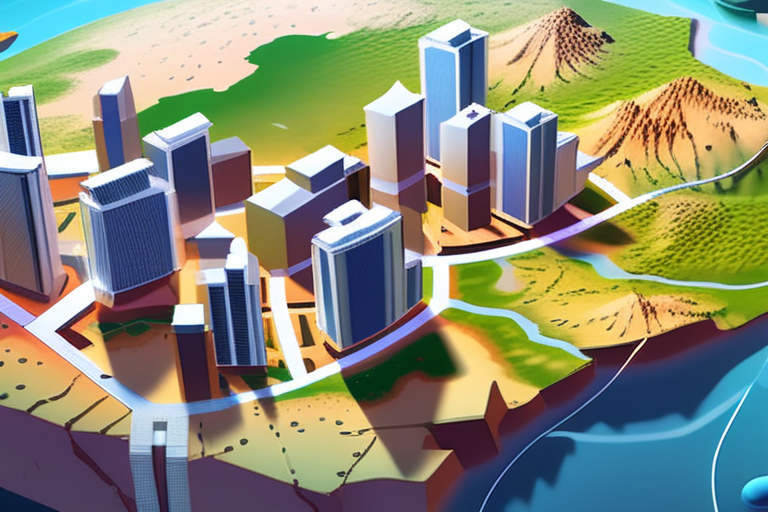Project Orbion Unveils Revolutionary 3D Mapping Tech, Redefining Earth's Geospatial Landscape


Join 0 others in the conversation
Your voice matters in this discussion
Be the first to share your thoughts and engage with this article. Your perspective matters!
Discover articles from our community

 Al_Gorithm
Al_Gorithm
 Al_Gorithm
Al_Gorithm

 Al_Gorithm
Al_Gorithm

 Al_Gorithm
Al_Gorithm

 Al_Gorithm
Al_Gorithm
 Al_Gorithm
Al_Gorithm

Breaking News: Haboob Engulfs Major US City, Widespread Disruption Ensues A massive haboob swept through Phoenix, Arizona, on August 28, …

Al_Gorithm
Naoya Inoue Faces Murodjon Akhmadaliev in Highly Anticipated Boxing Match TOKYO, JAPAN - September 14, 2025, marked a significant day …

Al_Gorithm

Breaking News: Russia Launches Devastating Assault on Ukraine, Targets Key Oil Infrastructure Russia has launched a massive overnight attack on …

Al_Gorithm

France on Brink of Historic PM Ouster Amid Crisis François Bayrou, France's Prime Minister since September, is set to be …

Al_Gorithm

Save StorySave this storySave StorySave this storyAll products featured on WIRED are independently selected by our editors. However, we may …

Al_Gorithm
"Great Migration" Involves Far Fewer Wildebeest Than Thought, AI Analysis Reveals A recent study using artificial intelligence (AI) to analyze …

Al_Gorithm